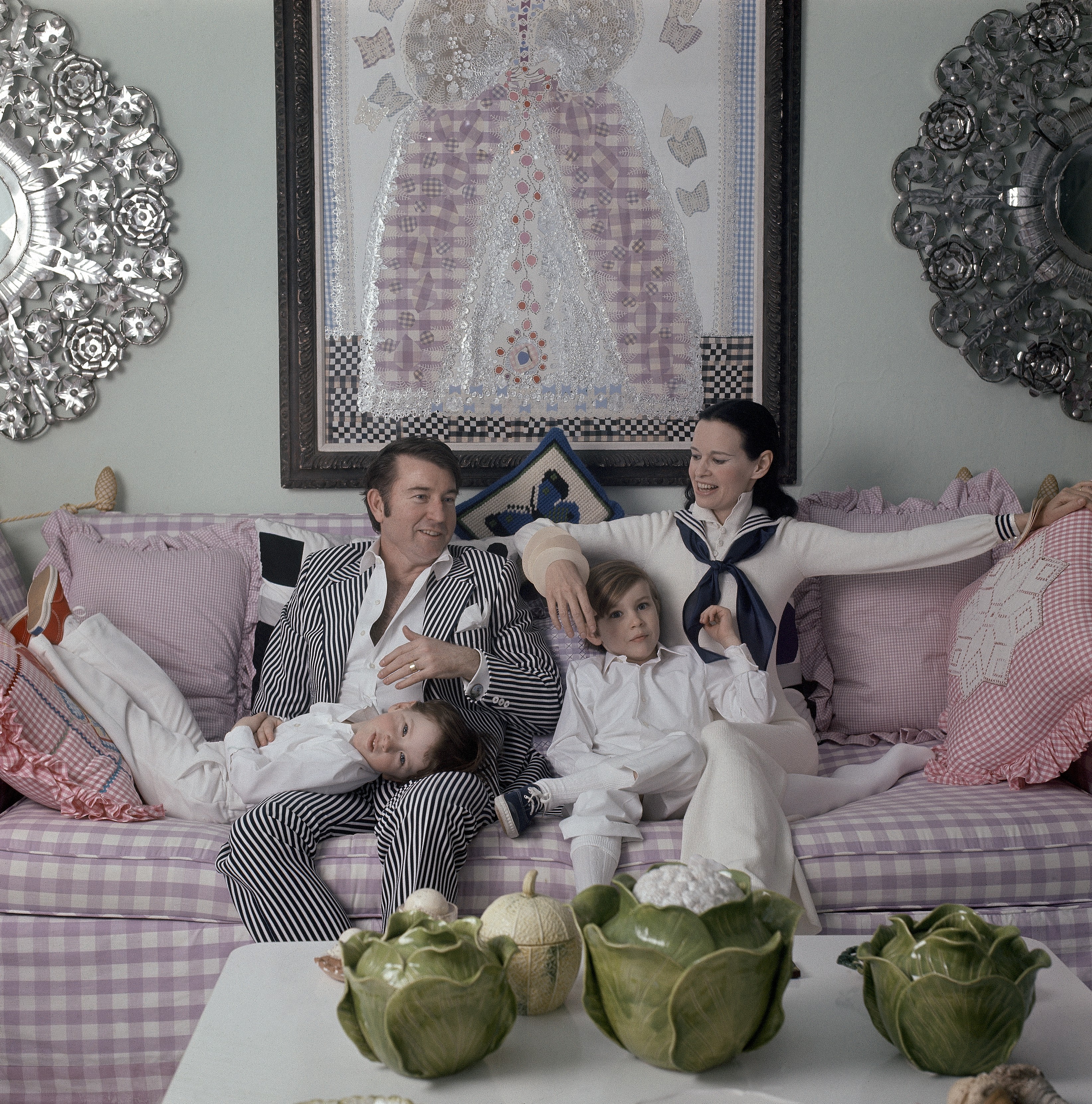 Oscar-nominated director Liz Garbus is one of the most celebrated American documentary filmmakers working today. Her films have been acclaimed worldwide and have garnered multiple Academy Award nominations and Emmy Award wins. Her previous film, "What Happened, Miss Simone?," was the Opening Night film of the 2015 Sundance Film Festival and had its theatrical and worldwide release on Netflix. The film delves into the life of Nina Simone, drawing from more than 100 hours of never-before-heard audiotapes, rare concert footage and archival interviews. (Press materials)
Oscar-nominated director Liz Garbus is one of the most celebrated American documentary filmmakers working today. Her films have been acclaimed worldwide and have garnered multiple Academy Award nominations and Emmy Award wins. Her previous film, "What Happened, Miss Simone?," was the Opening Night film of the 2015 Sundance Film Festival and had its theatrical and worldwide release on Netflix. The film delves into the life of Nina Simone, drawing from more than 100 hours of never-before-heard audiotapes, rare concert footage and archival interviews. (Press materials)
"Nothing Left Unsaid: Gloria Vanderbilt & Anderson Cooper" will premiere at the 2016 Sundance Film Festival on January 23.
W&H: Please give us your description of the film playing.
LG: This is a film about a son trying to understand his mother’s past. That mother happens to have had one of the most storied pasts in recent memory. It’s a story about love and loss, about regrets and redemption, about art and history.
W&H: What drew you to this story?
LG: [The president of HBO Documentary Films, producer] Sheila Nevins! She asked me if I’d like to make this film. I was wary at first — what else had been done? — but when I learned Anderson had boxes and boxes of films and home movies, and I began to understand the narrative nature of Gloria’s painting, I was hooked.
W&H: What was the biggest challenge in making the film?
LG: The biggest challenge was also our biggest asset: the vast archive. Gloria is a person who has existed in the public eye probably longer than anyone alive. She was famous from the moment [she was born] and today she’s 92. Her photo archive made Marilyn Monroe’s photo archive look tame.
W&H: What do you want people to think about when they are leaving the theater?
LG: Their own parents, their children, the passing of time, the importance of love and family and making connections before it’s too late.
W&H: What advice do you have for other female directors?
LG: Someone said this once, and I like it: Act like you’re the boss, and you’ll be treated as such.
W&H: What’s the biggest misconception about you and your work?
LG: I don’t know how to answer that. I’m not sure what conceptions or misconceptions about me are out there.
I do find the perception of docs as something other than a storytelling medium frustrating. When you’re making a film about people, it’s your interpretation of them that is on the screen. Just as when an artist paints a portrait, it’s that artist’s vision of the subject that is on the canvas. Does it look exactly like that person? No, it’s an artist’s vision, though their creative filter. So when people ask "Why didn’t you talk about this, why did you leave that out?" I want to say, "This is not Wikipedia: it’s storytelling."
W&H: How did you get your film funded? Share some insights into how you got the film made.
LG: The project originated at HBO.
W&H: Name your favorite woman-directed film and why.
LG: There are many, but if I have to choose one: "Harlan County, USA" by Barbara Kopple. An ever-relevant, sensitive, badass film that has inspired so many of us.







